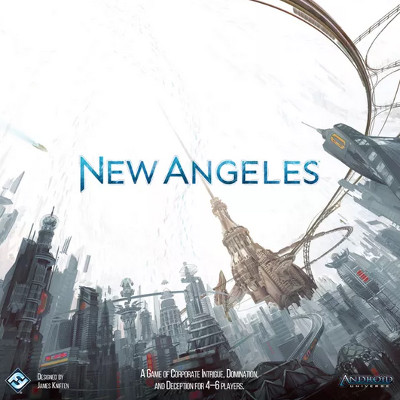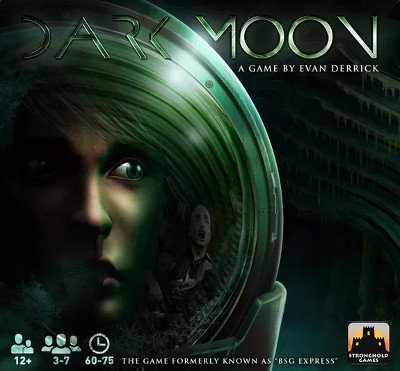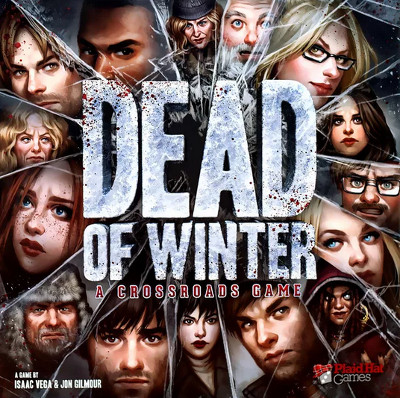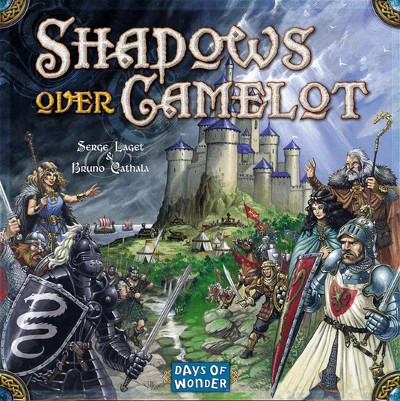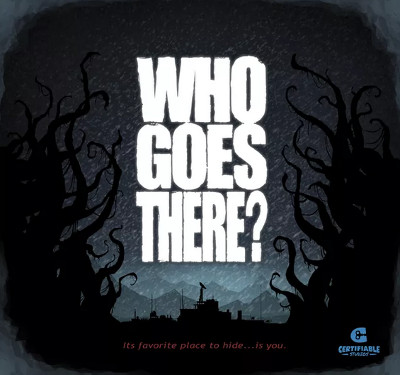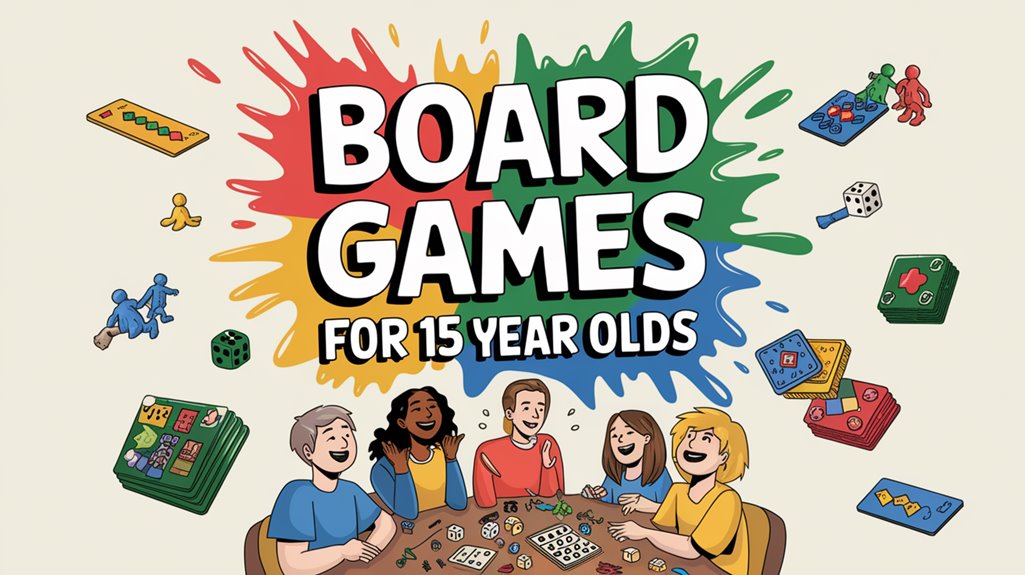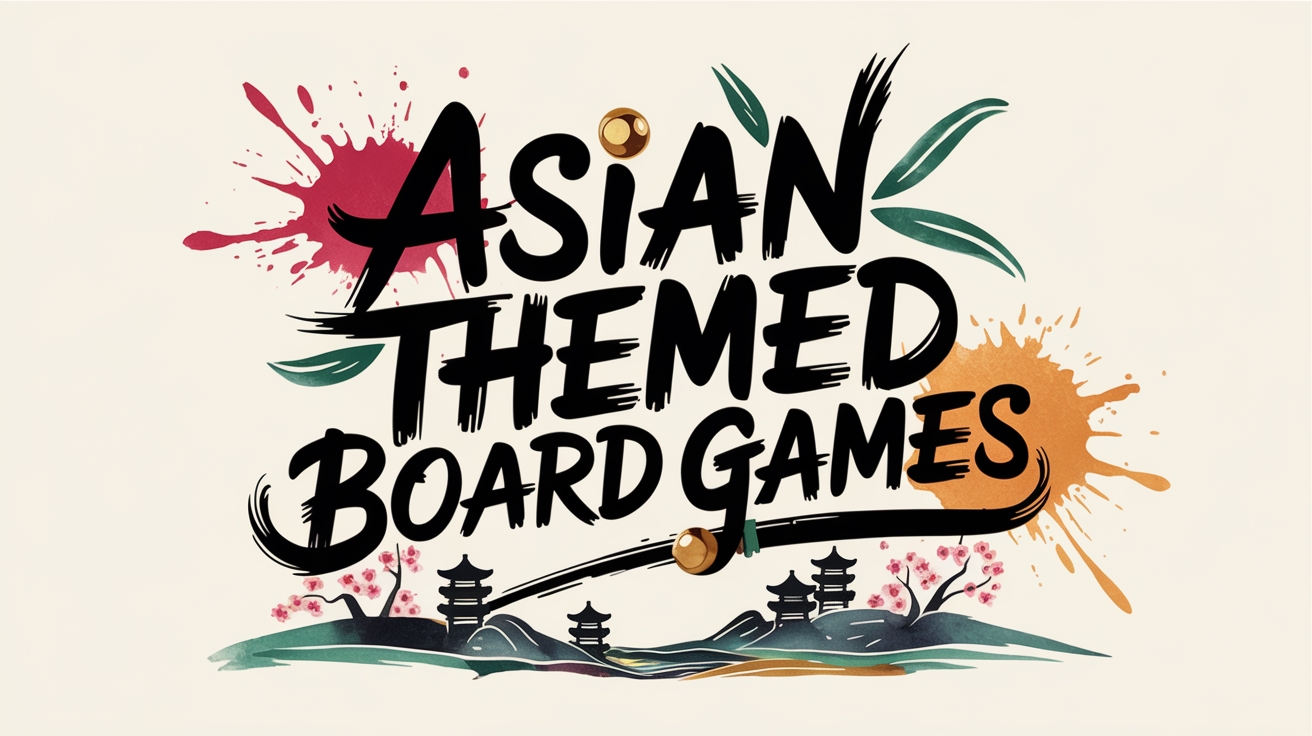Board game enthusiasts who cherish the tension and intrigue of Battlestar Galactica’s hidden traitor mechanics will find several compelling alternatives in today’s gaming environment. These titles masterfully blend cooperative gameplay with elements of suspicion and deception, creating rich social experiences that challenge players’ trust and strategic thinking. From the corporate intrigue of New Angeles to the medieval betrayals in Shadows Over Camelot, each game offers unique twists on the hidden traitor formula. Whether managing resources during a zombie apocalypse or uncovering spies in a resistance movement, these games promise hours of engaging psychological warfare and tactical decision-making.
Key Takeaways
- Hidden traitor games like Shadows Over Camelot and Dead of Winter replicate BSG’s core mechanic of trust and suspicion.
- The Resistance offers a shorter 30-minute alternative focusing on social deduction and team missions similar to BSG.
- Dark Moon directly adapts BSG’s infected/uninfected dynamic with shorter playtime and simpler mechanics.
- New Angeles captures BSG’s negotiation elements through corporate intrigue and hidden agendas in a cyberpunk setting.
- Who Goes There? maintains BSG’s paranoia theme with alien infiltration and survival mechanics in an Antarctic setting.
New Angeles
One of the most notable spiritual successors to the Battlestar Galactica board game is New Angeles, published by Fantasy Flight Games. While not a direct clone, it captures similar elements of hidden agendas and tense cooperation, setting them against the backdrop of a dystopian megalopolis controlled by powerful corporations.
In this 4-6 player game, participants take control of major megacorporations like Haas-Bioroid, Jinteki, and the Weyland Consortium, each vying for dominance in the world’s largest city. Players must balance their pursuit of wealth and influence while preventing the city from descending into complete chaos. The game introduces a compelling twist: one corporation secretly works toward pushing the city into anarchy, creating an atmosphere of suspicion and strategic maneuvering.
The game’s 2-4 hour playtime allows for complex deal-making and temporary alliances to develop naturally. Set in the Android universe, New Angeles centers around the Space Elevator, a vital connection to lunar Helium-3 mining operations. Players must manage resources, negotiate with rivals, and control various threats including crime, disease, and civil unrest while pursuing their corporate agendas.
Dark Moon
Dark Moon represents one of the closest mechanical adaptations of Battlestar Galactica’s core gameplay, having originated as “BSG Express” before its official release. Set on Saturn’s moon Titan during a deep space mining expedition, players find themselves divided into two teams after a mysterious virus outbreak: the Uninfected trying to survive, and the Infected working to secretly destroy them. The game maintains tension through hidden roles, dice rolling mechanics, and vital decision-making moments that test player trust and loyalty.
- Players must navigate complex social dynamics while managing limited resources and responding to traumatic events
- The quarantine system allows crews to isolate suspicious members, adding tactical depth to player interactions
- Dice-based resolution mechanics create unpredictable outcomes that maintain suspense throughout gameplay
- The Shadow Corporation expansion adds new layers of complexity while moving away from the original BSG inspiration
- Victory can swing rapidly between teams, requiring careful timing of betrayals and defensive actions
The shorter playtime of 60-75 minutes makes Dark Moon more accessible than its inspiration, while still delivering the core experience of paranoia and betrayal that defines the hidden traitor genre.
The Resistance
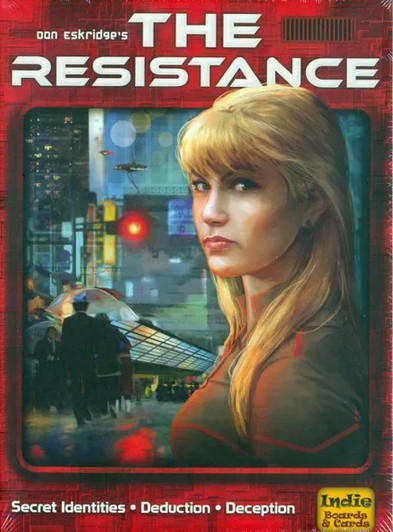
While Dark Moon focuses on survival horror, The Resistance captures pure social deduction in a streamlined 30-minute format. In this game of rebellion against the Empire, 5-10 players take on roles as either loyal Resistance operatives or hidden Imperial spies, working through missions that will determine the fate of their struggle for liberation.
The game unfolds across three to five rounds, with players attempting to complete missions while simultaneously trying to identify allies and enemies. Each round begins with open discussion, followed by a Leader assigning mission plans to a select group of players. The group then votes to approve or reject these assignments. Once approved, chosen operatives secretly decide to support or sabotage the mission, with success favoring the Resistance and failure benefiting the Empire. The first team to win three missions claims victory.
Unlike longer hidden-traitor games, The Resistance eliminates player elimination while maintaining tension through thoughtful choices and intense player interaction. The game’s shorter playtime makes it an excellent choice for groups wanting the thrill of uncovering spies without committing to a longer gaming session.
Dead of Winter
Surviving the harsh winter becomes a test of loyalty and survival in Dead of Winter, a meta-cooperative game where 2-5 players must work together while harboring their own secret objectives. The game introduces a unique psychological element, where players balance colony survival with personal goals that may range from harmless quirks to devastating betrayals. While collaboration remains crucial for achieving the group’s victory condition, individual success depends on completing hidden missions that could potentially conflict with the colony’s interests.
Unlike traditional hidden traitor games, Dead of Winter’s mechanics allow for multiple victory scenarios. Players might find themselves working alongside others who appear helpful but secretly harbor destructive intentions. The game’s 60-120 minute playtime provides ample opportunity for strategic planning and careful observation of other players’ actions.
- Each player manages resources while concealing their true motives
- Personal objectives create tension without guaranteeing betrayal
- Multiple victory conditions allow for complex strategic choices
- Group dynamics shift as psychological pressures mount
- Victory can be achieved individually or collectively, adding depth to decision-making
The game’s traitor mechanic differs significantly from others in the genre, focusing on gradual manipulation rather than outright sabotage.
Shadows Over Camelot
Arthurian legend comes alive in Shadows Over Camelot, a cooperative board game where players embody Knights of the Round Table fighting to protect their realm. Players work together, managing their hands of cards and completing legendary quests like the search for the Holy Grail or battling the Black Knight. Each success adds white swords to the Round Table, while failures result in black swords and siege engines threatening Camelot.
| Game Elements | Impact on Gameplay |
|---|---|
| Heroic Actions | Advance quests, build strength |
| Evil Actions | Threaten Camelot’s survival |
| White Swords | Mark victories, build hope |
| Black Swords | Signal defeats, spread despair |
What sets this game apart is the potential presence of a traitor among the knights. This hidden adversary works secretly to undermine the group’s efforts while maintaining a facade of loyalty. Each turn presents difficult choices as knights must perform both heroic and evil actions, creating tension between individual strategy and group survival. Supporting 3-7 players with 60-90 minute gameplay sessions, Shadows Over Camelot captures the essence of medieval political intrigue while testing players’ ability to cooperate under pressure.
Who Goes There? (2018)
Who Goes There?’s intense psychological gameplay draws heavily from John Carpenter’s “The Thing,” placing 3-4 players in a paranoid struggle for survival at an Antarctic research station. Players begin as trusted humans working together against harsh conditions, but as the game progresses, an alien presence creates mounting suspicion and distrust. The cooperative elements revolve around trading resources, building equipment, and venturing outside the safety of the camp to achieve victory.
The game mechanics force players to balance cooperation with caution, as any trade could potentially lead to infection. While staying inside offers protection from the freezing temperatures, players must eventually leave the camp’s relative safety to accomplish their objectives, risking exposure to the alien entity.
- Trust dynamics shift dramatically throughout gameplay as players question each other’s humanity
- Resource management and trading systems create tense social interactions
- Equipment crafting and upgrades provide strategic depth
- Environmental threats add pressure beyond just the alien presence
- Victory requires risking exposure by leaving camp, creating meaningful choices
The 110-minute playtime allows for deep strategic decisions while maintaining consistent tension, making every choice significant in the fight for survival.
